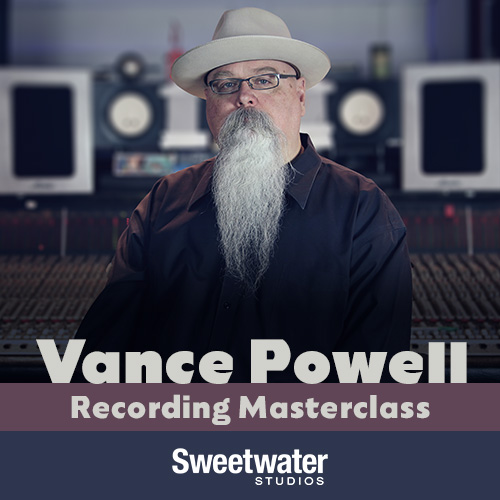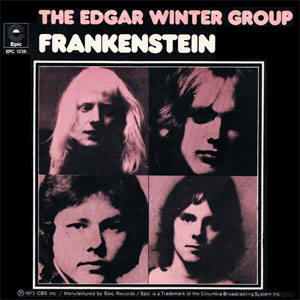It seems to me that most hit songs from the last 40 years have used drum machines, programmed, or sequenced drum tracks, rather than live human drummers. I don’t follow popular music too closely, but that’s my general feeling when I do hear it, and please correct me if I’m wrong.
I, being a drummer, would much rather hear a live human drummer, But obviously, the general public doesn’t share that sentiment, and I would assume most people under 50 probably prefer the sound of a “ automated” drum performance.
I notice at events with bands that alternate with DJs, the DJ usually packs a dance floor, and when the band comes back on , most people take a seat and have a drink or something.



